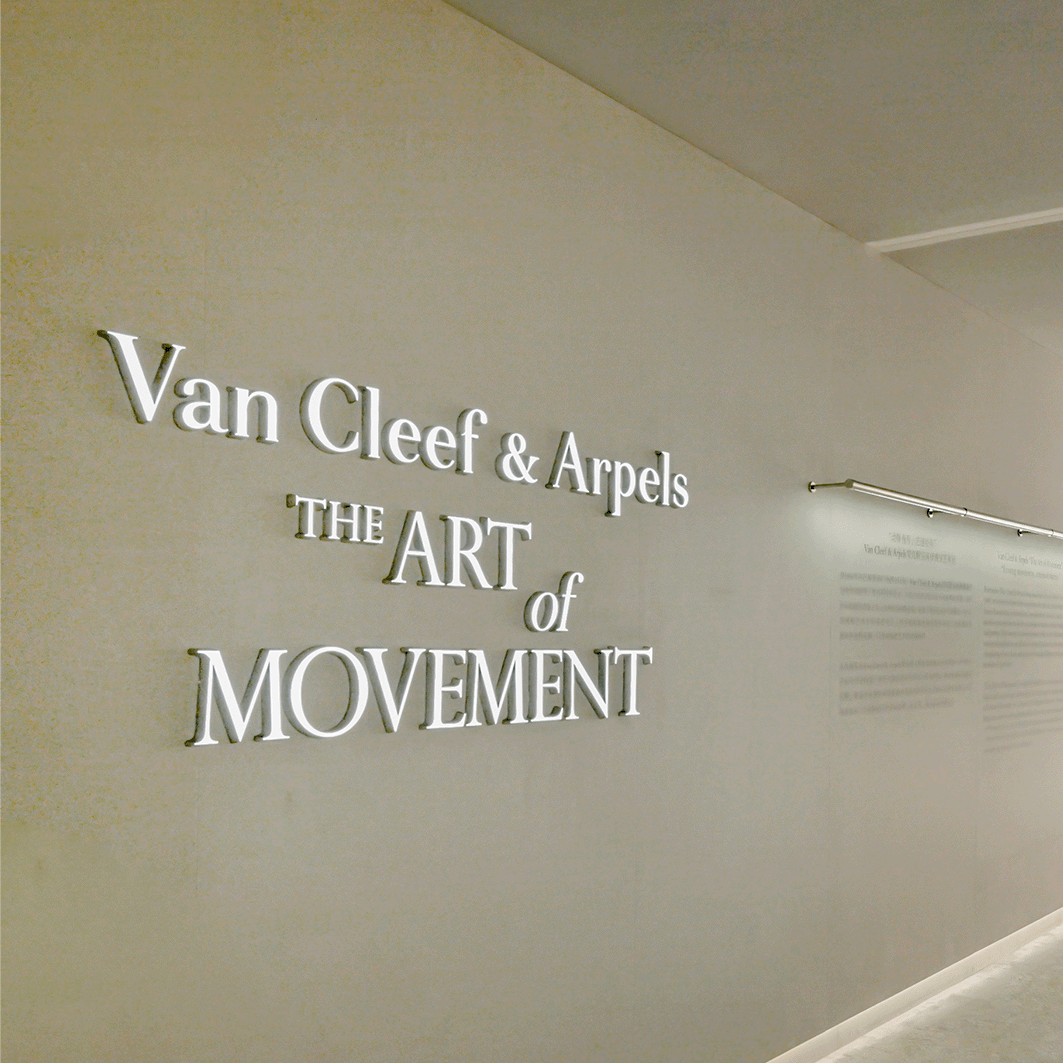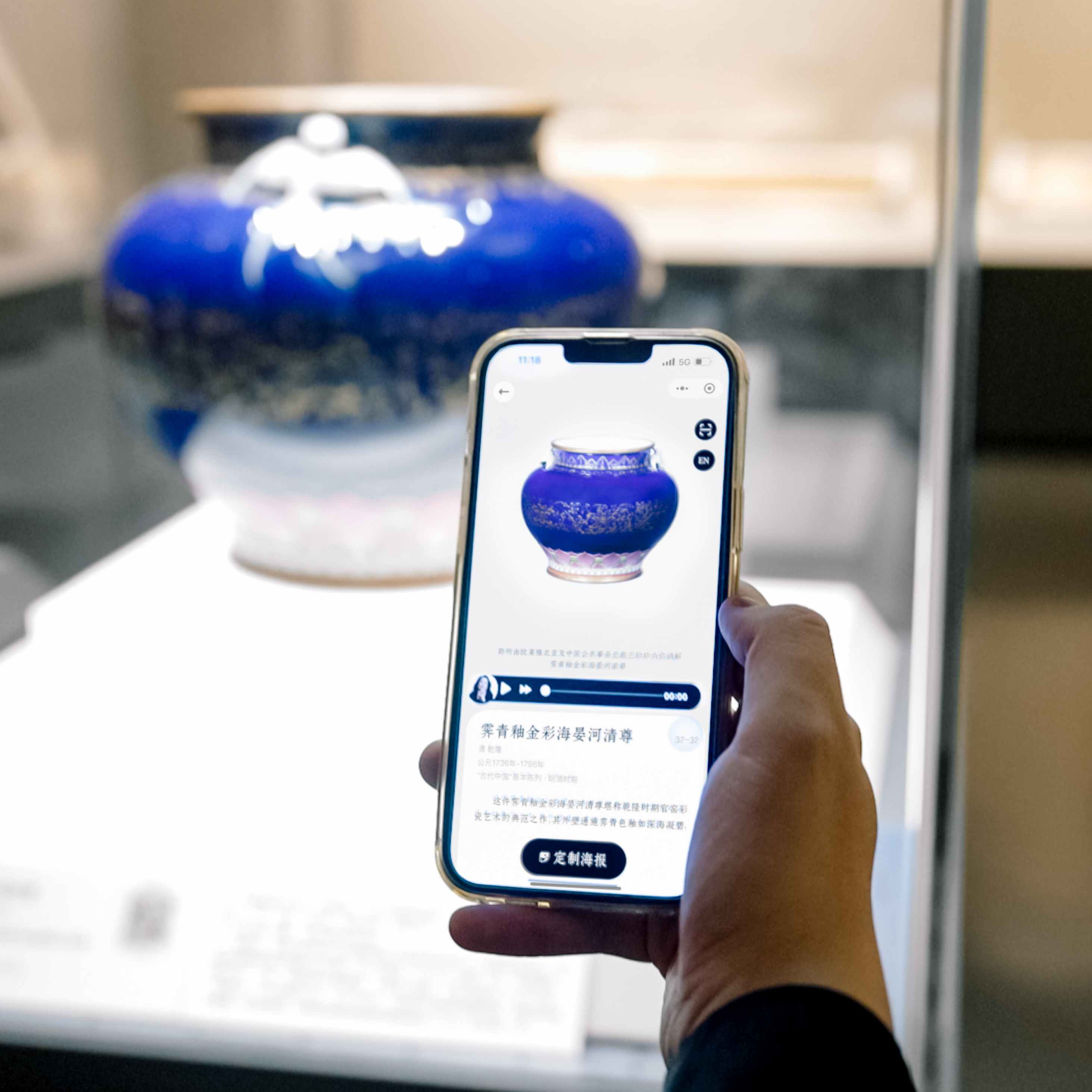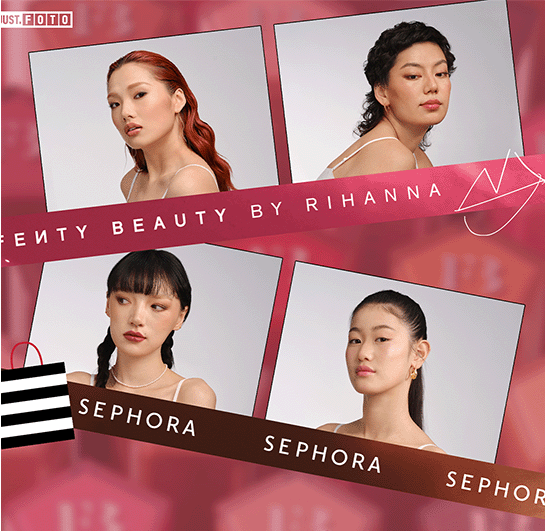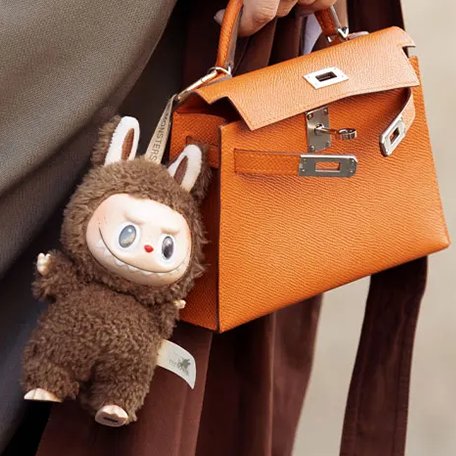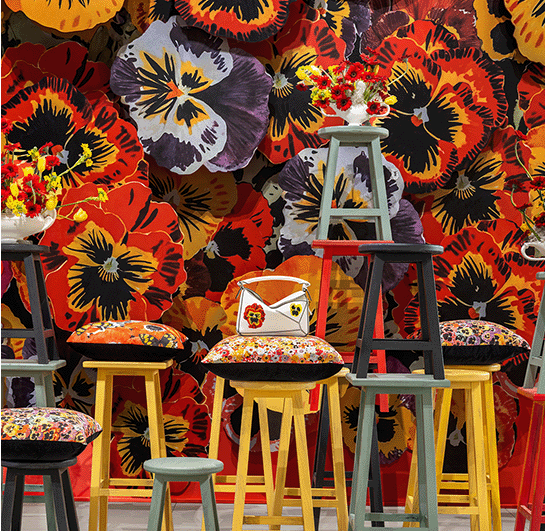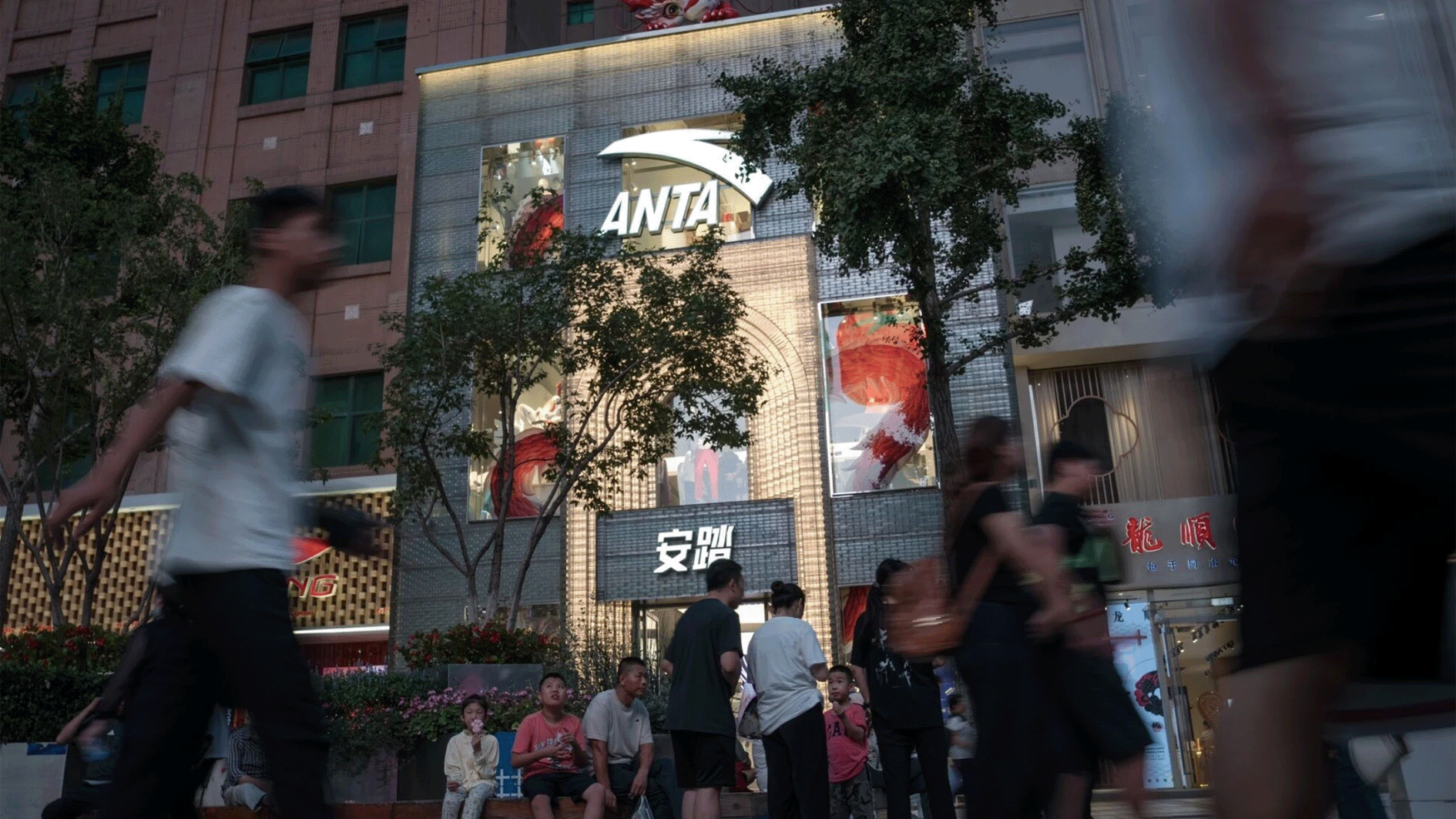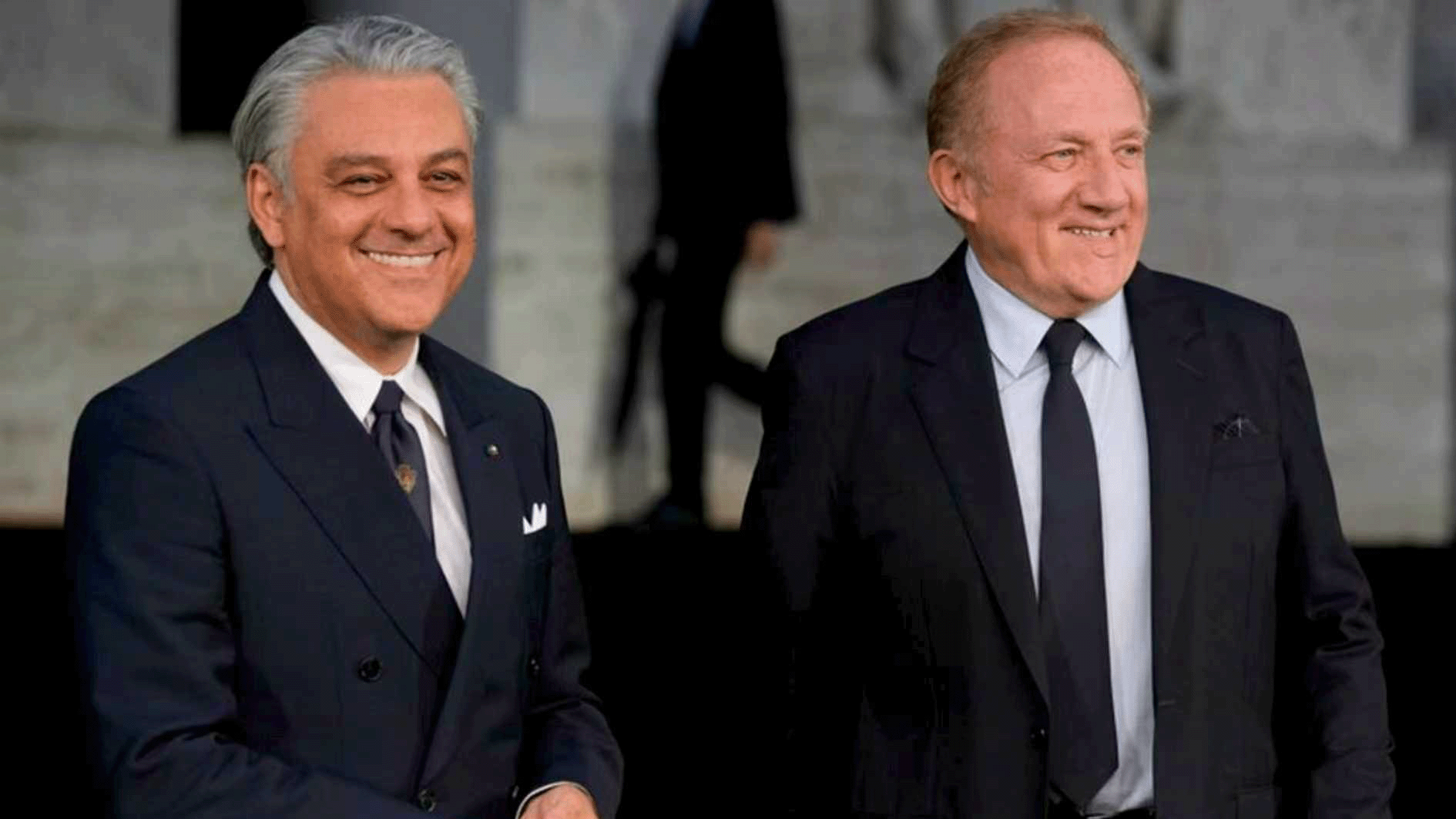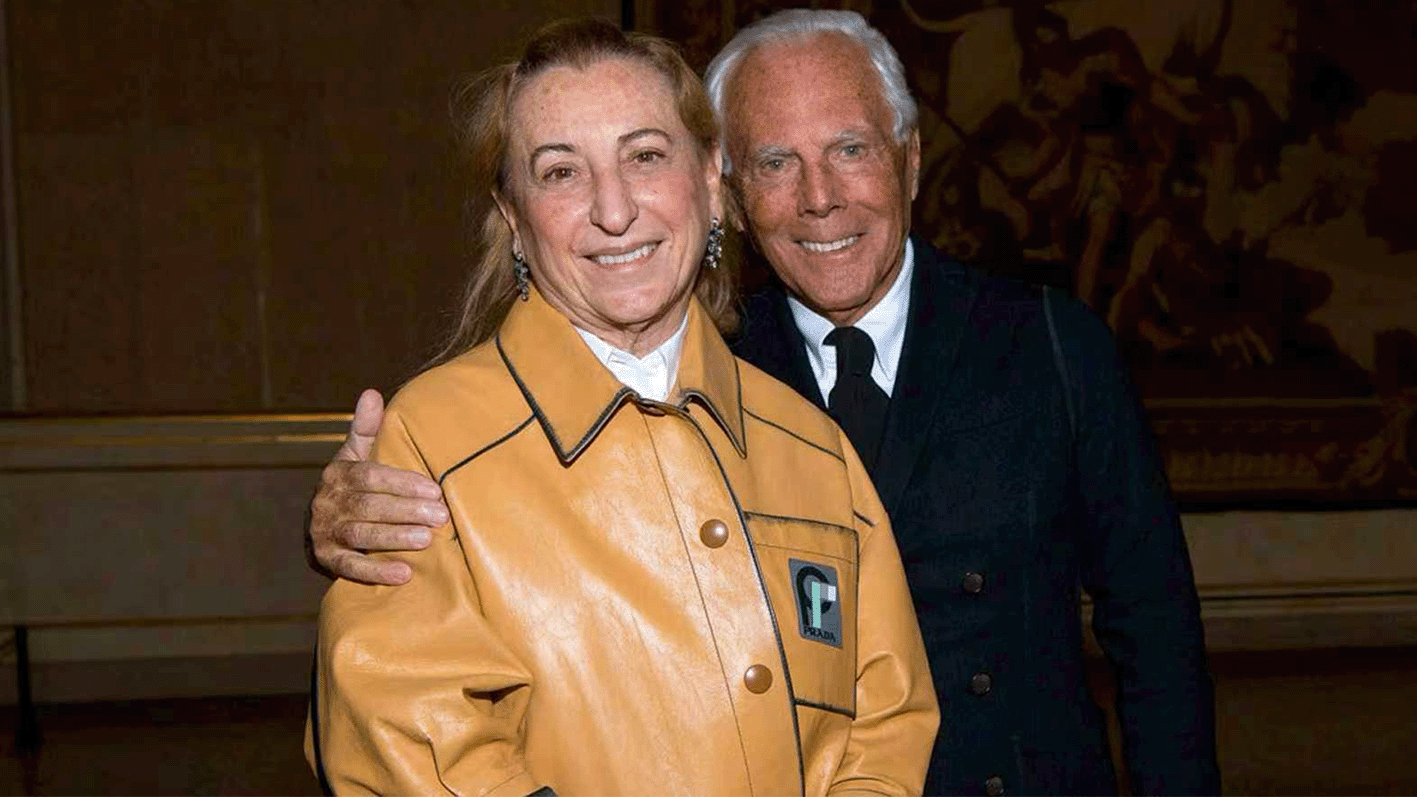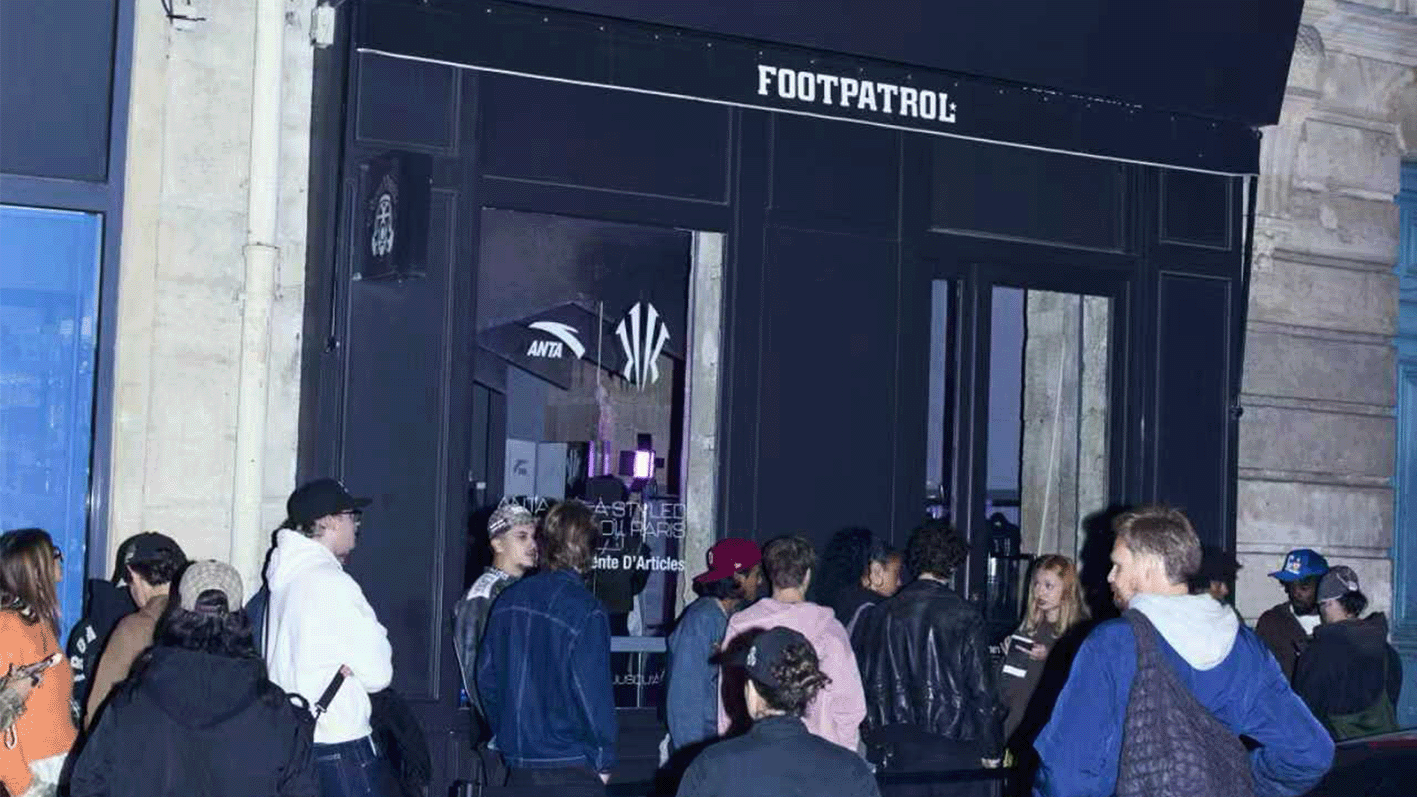- FEATURE
- |
- MERGERS & ACQUISITIONS
- |
- FINANCIAL
- |
- MARKETING
- |
- RETAIL
- |
- ESG-SUSTAINABILITY
- |
- LIFESTYLE
- |
-
MORE


In 2025, if there’s one detail that guarantees a fashion merger or acquisition will make global headlines, it’s this: Chinese money is behind it.
That’s exactly what’s happening with the latest rumor swirling around Canada Goose. According to a CNBC report, private equity firm Bain Capital, which holds controlling interest in the outerwear brand, has received a verbal privatization offer from Boyu Capital and Advent International. But the real stir comes from talk of Chinese companies circling as buyers—namely Bosideng, China’s homegrown downwear leader, and a consortium led by Anta Sports and FountainVest Capital.
The deal could value Canada Goose at $1.35 billion, and its stock jumped over 16% in response. If successful, the acquisition would mark not only a new chapter for the brand, but also underscore a broader shift: Chinese fashion capital is going global again—and this time, it’s learned from past mistakes.
What separates this new wave of Chinese suitors from their predecessors is a clear-eyed pragmatism and operational expertise.
In the 2010s, first-generation buyers like Fosun and Shandong Ruyi went on extravagant shopping sprees, snapping up legacy Western brands like Lanvin, SMCP, and Bally—only to watch them flounder under weak integration and heavy debt. Today, both groups are cautionary tales. Fosun’s Lanvin Group has seen revenues slump across its portfolio, while Ruyi is grappling with defaults and may lose its majority stake in SMCP.
But companies like Anta, Bosideng, Ellassay, and Septwolves are operating from a very different playbook: one that favors long-term value over flashy headlines.<





